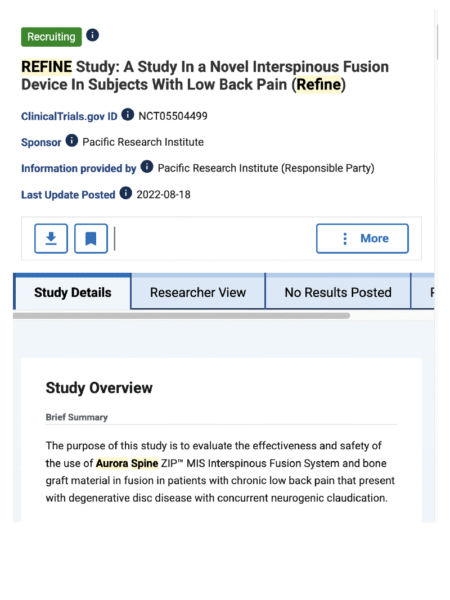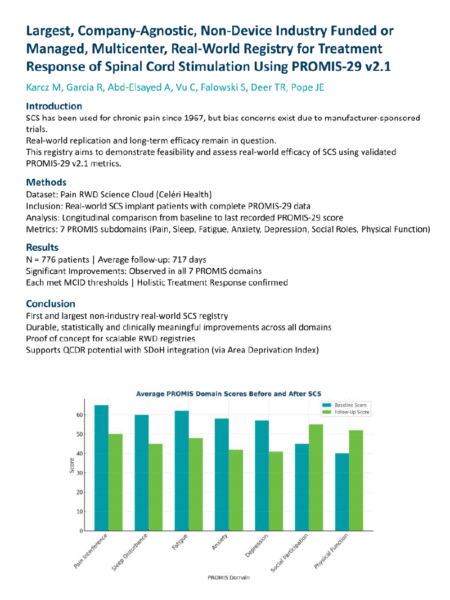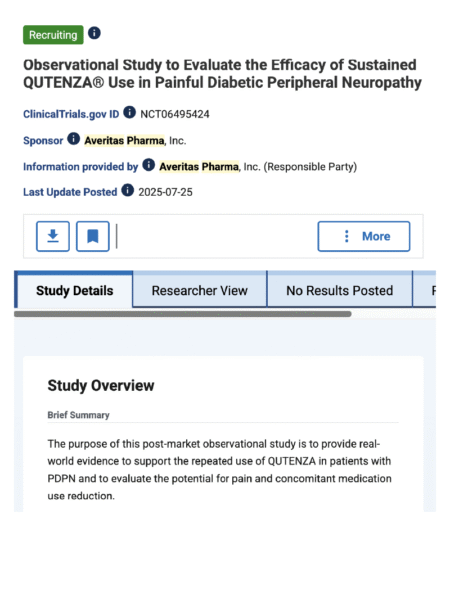Schedule demo
Please schedule a time that works for you and we will connect with you to provide a demo.
Contact
Let us know how to reach you and we will be in touch within 24 hours.
Ask us anything
Talk to us
Let us know how to reach you and we will be in touch within 24 hours
Apply now



